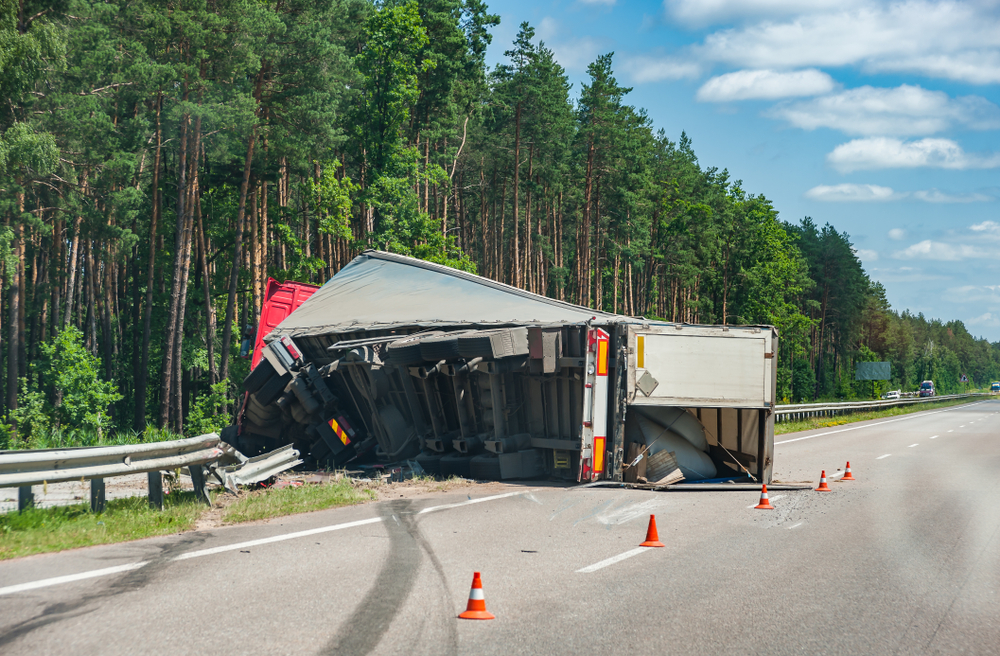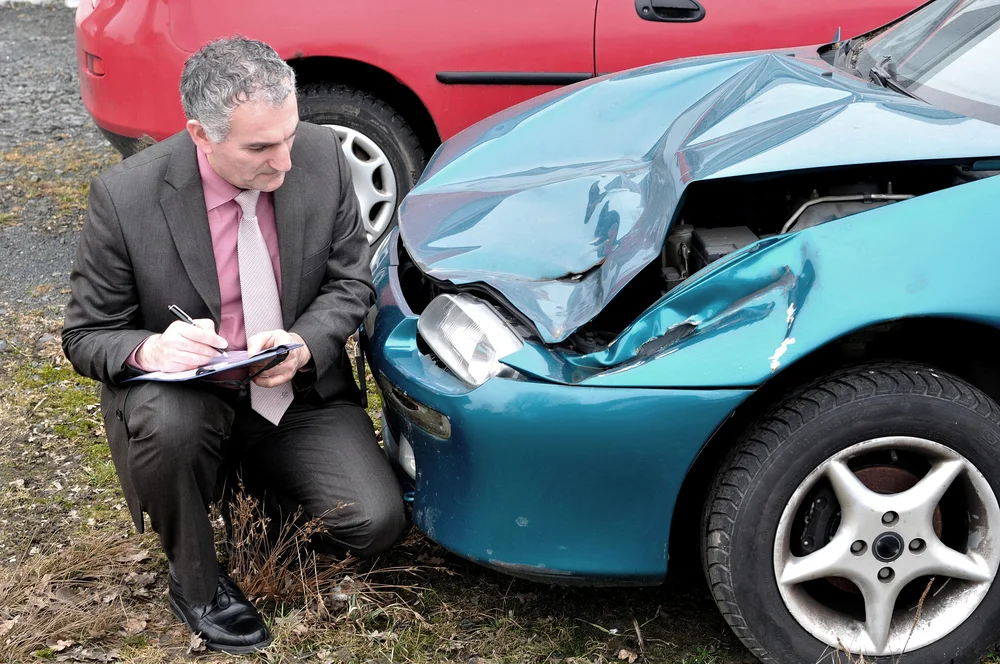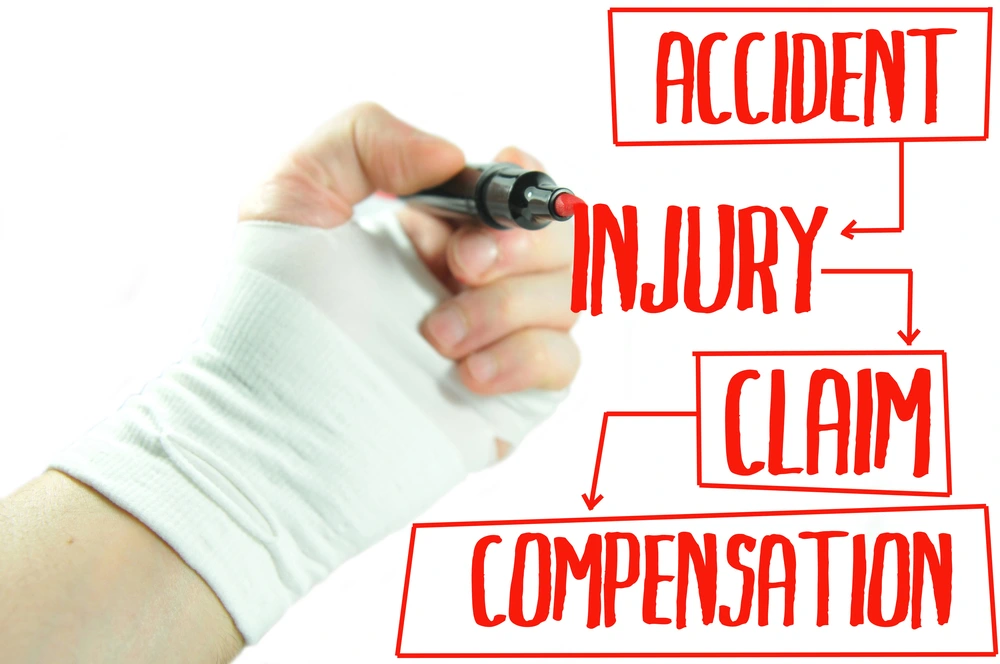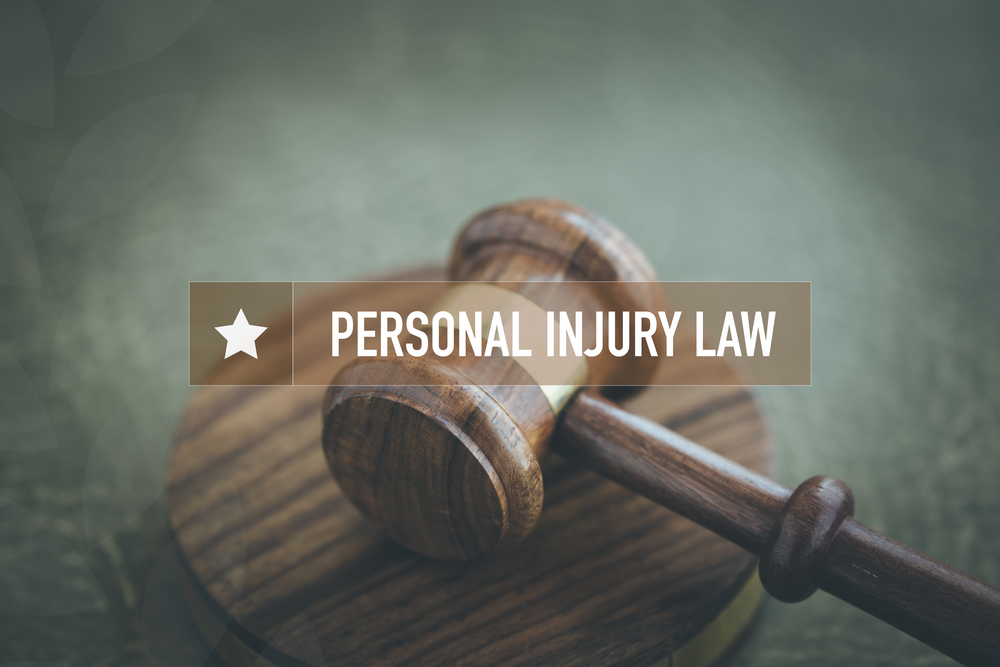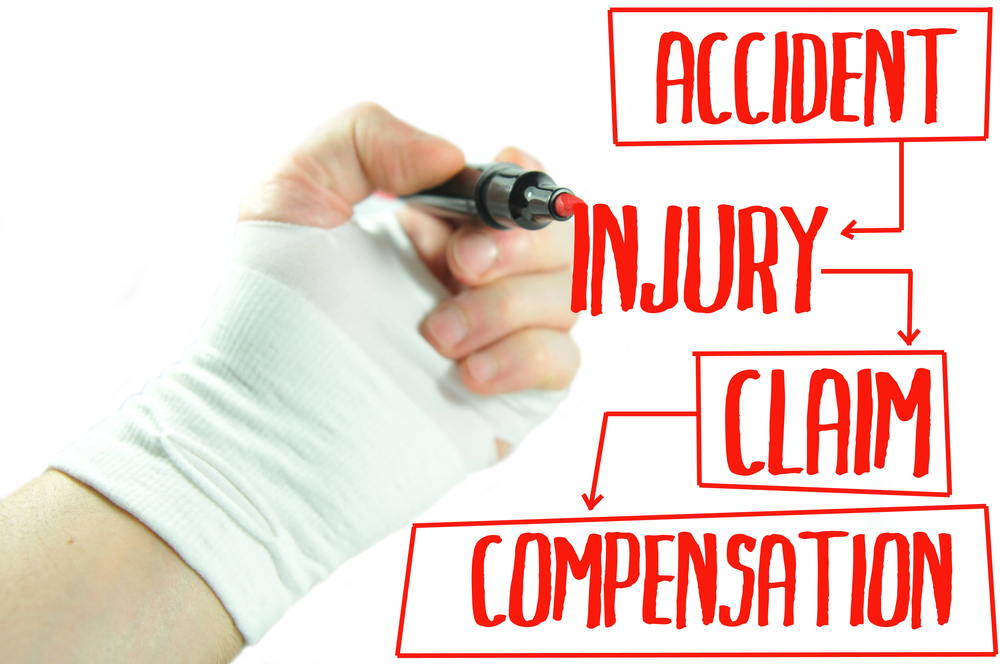Blogs
Are Part-Time Employees Covered by Workers’ Compensation?
Workplace accidents can happen to any employee, no matter how many hours they work weekly. If you are a part-time...
Can I Get Workers’ Compensation Benefits for an Occupational Disease?
Michigan provides workers’ comp benefits to employees with job-related accidents resulting in an injury. However, what about those with an...
Legal Recourse for Victims of Truck Accidents in Michigan
Truck accidents often cause personal injury and property damage far beyond the limits of a Michigan no-fault auto insurance policy....
Filing a Car Accident Claim: 6 Things Michigan Drivers Should Know
If you’ve been in a car accident caused by someone else’s negligence, it’s understandable to be concerned about getting the...
Navigating the Legal Process After Suffering a Personal Injury in Michigan
Personal injuries can have devastating consequences, both physically and psychologically, and it can be hard to think about anything else...
5 Steps to Take Following a Car Accident in Michigan
The first few moments after a car accident can be so chaotic you struggle to think clearly. It’s always smart...
The Role of Evidence in Winning Michigan Personal Injury Claims
As any Michigan personal injury law firm can attest, the most indispensable part of your personal injury claim is the...
What Kind of Compensation Can You Expect in Michigan Personal Injury Cases?
If you’ve been injured due to someone else’s negligence or wrongdoing, you may be entitled to compensation through a personal...
The Value of a Michigan Personal Injury Lawyer in Protecting Your Rights
Accidents and unforeseen events can turn our lives upside down and often come with physical injuries, emotional trauma, and financial...



